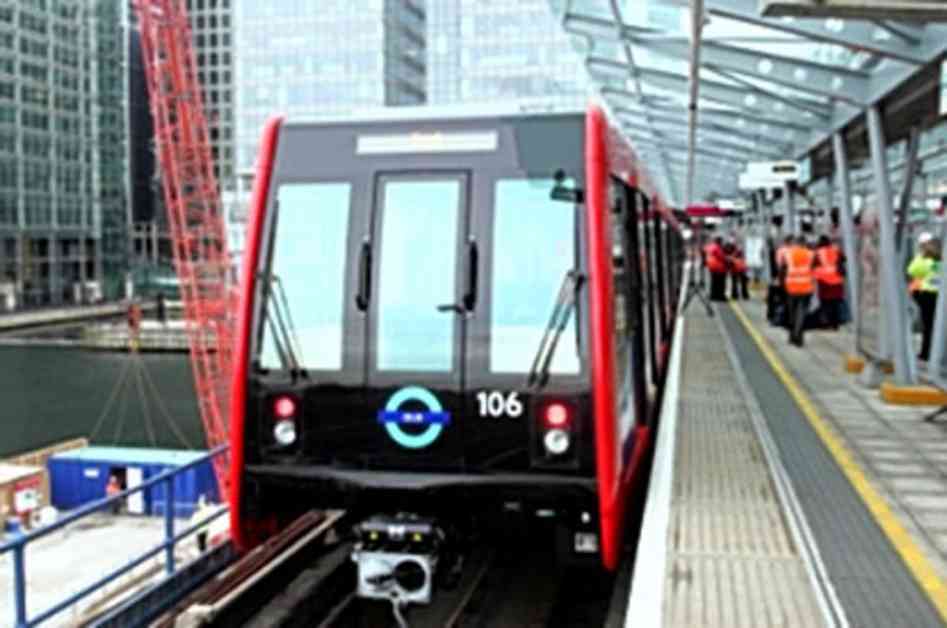DLR Trains Face Delays and Speed Restrictions
The Docklands Light Railway (DLR) has recently been grappling with speed restrictions and delays on its network, causing inconvenience to passengers and impacting the usual service frequencies. Engineers have identified that trains were exceeding recommended speeds on certain sections of track, prompting Transport for London (TfL) to take immediate action to prioritize passenger safety.
A routine review of the signalling system revealed that some areas of the DLR network were experiencing a technical issue, leading to insufficient margin between the maximum recommended speed and the actual speed of the trains. As a result, TfL made the decision to slow down most sections of the DLR by 5kmph to ensure the continued safe operation of the network. Despite the inconvenience this may cause to passengers, TfL emphasized that safety must always be the top priority.
Impact on DLR Services and Passengers
The implementation of speed restrictions on the DLR network has had a noticeable impact on the usual service and frequencies. Passengers have been informed through posters placed outside stations, explaining the reasons behind the reduction in train speeds. While the DLR is an automated system, train captains are still on board to ensure the safety and well-being of passengers.
New trains were initially scheduled to be introduced in April, but due to the ongoing delays and technical issues, their deployment has been postponed. Additionally, the direct Stratford to Lewisham service has been suspended, leaving passengers with limited options for their commute. TfL has acknowledged the inconvenience caused to passengers and is actively exploring ways to minimize the impact on their journeys.
Ensuring the Safety of DLR Passengers
Tom Page, TfL’s general manager for the DLR, reassured passengers that the railway continues to be one of the safest light rail networks in the country. He emphasized that while the trains had not exceeded existing speed limits, the decision to reduce speeds in certain locations was necessary to address the technical issues identified during the signalling system review.
Page stated, “Following a review of our signalling system, we identified a pre-existing technical issue that required us to reduce speeds in specific areas to maintain the safety of our passengers and staff. The safety of our passengers will always be our top priority, and we are committed to resolving these issues promptly.”
Despite the challenges posed by the speed restrictions and delays, TfL remains dedicated to providing a safe and reliable service for DLR passengers. The organization is working diligently to address the technical issues and restore normal operations as soon as possible.
In conclusion, while the DLR has faced disruptions and delays due to excessive speed and technical issues, TfL is taking proactive measures to ensure the safety and well-being of passengers. By implementing speed restrictions and addressing the underlying technical issues, TfL is demonstrating its commitment to maintaining the integrity of the DLR network. Passengers are encouraged to stay informed about any updates or changes to the service and to plan their journeys accordingly.












